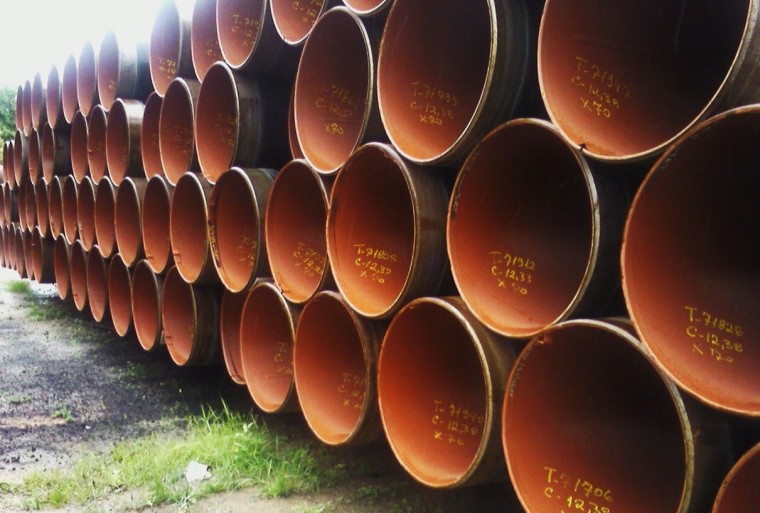
In the wake of the drinking water contamination emergency in Flint, Michigan, and to prevent such a catastrophe from happening in other cities, proposed federal legislation is expected to be refiled to address the nation’s water infrastructure needs. If passed, the legislation could free up billions of dollars to be invested in water systems that are in dire need of repair or replacement.
Three New Jersey members of Congress this week outlined the proposal, which is part of the Sustainable Water Infrastructure Act. It encourages investment of billions of private-sector dollars into public-private partnerships (P3s) for water projects. Multi-million-dollar undertakings for maintenance, repairs and modernization of state water systems could result.

Photo by Marcus Vinicius is licensed under CC BY 2.0
Flint’s problem arose when the city began drawing water from the Flint River as its water source instead of using treated water from the city’s water and sewerage department. The end result was lead contamination of the water due to aging pipes and exposure of up to 8,000 children in the city to high levels of lead that could lead to serious health problems.
Saying cities need “high levels of investment” in their water systems and water-related infrastructure, one water company executive in New Jersey said private capital invested in water needs would reduce the cost of infrastructure projects.
Many water lines in cities across the country were installed more than 100 years ago. Maintenance needs alone have far surpassed the amount of funding available to correct them. According to the Council of State Governments (CSG), it will cost $1 trillion to replace outdated pipes and keep up with growth over the next 25 years. That’s at a cost of about $.5 million to $1 million per mile. CSG notes that about a dozen states face future infrastructure spending needs of $20 billion or more. And more than two-dozen have spending needs of $10 billion to $20 billion. Cash-strapped government entities do not have the financial resources to meet those needs. Investment of private-sector capital could go a long way toward paying for some of the critical water infrastructure projects currently on hold.
The legislation would modify the federal tax code by removing caps on the issuance of government private activity bonds (PABs) for water and wastewater projects, opening the door to billions of dollars in private investment for these much-needed projects. Private activity bonds are issued by the government to help finance private projects and are tax-free. Already exempt from this cap are airports, seaports and some intercity rail projects.
In addition to the public safety aspect of repairing and upgrading water facilities, these infrastructure projects would also create jobs locally and have a positive effect on the economy.
This would mark the fourth time the Sustainable Water Infrastructure Act has been introduced in Congress. Although the bill never passed, a PAB amendment did pass in the Senate during a recent congressional session, but was removed during deliberation in the House. This is an issue private-sector firms interested in partnering with government should watch closely.
